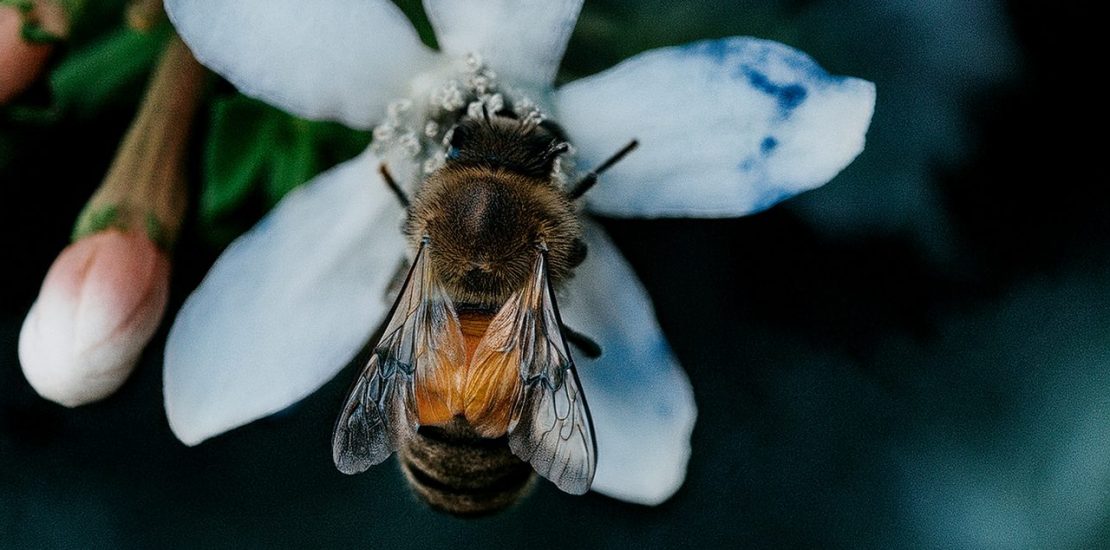Bees: The Hero to Buzz About
- September 10, 2025
- Posted by: arksidemarketing
- Category: Insects

The Inland Empire’s landscape – spanning sunbaked valleys, lush hills, and urban gardens – depends on more than sun and soil to stay vibrant. Hidden in plain sight are bees: small yet mighty pollinators whose work underpins our local ecosystems and agriculture. While pest control may aim to manage threats, it’s equally important to spotlight and protect beneficial insects, like bees, that sustain environmental health and food production.
How Bees Support Biodiversity in Our Region
Bees are pivotal drivers of biodiversity. By transferring pollen from flower to flower, they enable reproduction in countless plant species, from wildflowers to edible crops, maintaining both ecological balance and species diversity. In Southern California, where native plants like sages, coastal sage scrub, and wildflowers rely on pollinators, this work keeps habitats functioning amid a fragile climate.
Moreover, bees act as ecosystem engineers. Their pollination not only supports plant reproduction but also ensures those plants provide shelter and food for birds, small mammals, and beneficial insects. Protecting bees means safeguarding entire food webs.
Bees and Food Production: A Local Perspective
Bees aren’t just pollinating wild species; they play a significant role in pollinating some of Southern California’s most economically valuable crops, such as almonds, avocados, and berries. Globally, roughly one-third of food crops depend on bees; without their services, yields would plummet.
Honey bees and native species like bumblebees and mason bees each have unique strengths. Honey bees excel at crops like almonds, while bumblebees may be better suited for tomatoes and other garden-grown produce. This variety of pollinators ensures stability across many different food sources.
Climate Resilience and Environmental Stability
In a region increasingly threatened by drought and rising temperatures, bees offer surprising support for ecosystem resilience. By encouraging diverse plant communities through pollination, they enhance soil health and preserve microhabitats that buffer against climate extremes.
Additionally, robust biodiversity—fueled by pollinators—helps ecosystems rebound from shocks like wildfire or heat waves, making landscapes more stable and regenerative.
The Threats Bees Face
Bees confront a myriad of challenges: habitat loss, pesticide use, urban development, and climate change all threaten their survival. Local extinction of bees would ripple across ecosystems leading to fewer plants, less wildlife, and diminished food production.
Loss of pollinators often triggers a cascade: plants fail to reproduce, animals lose food sources, and ecosystem services deteriorate. Some plants adapt via self-pollination, but that reduces genetic diversity, making them more vulnerable to disease and environmental stress.
What We Can Do Together
At Craig & Sons, our mission includes not only managing pest threats but nurturing healthy ecosystems. We will help you with bees on your property and make sure you and your family are properly protected. Here’s how our Inland Empire neighbors can help:
-
Plant bee-friendly gardens with native, nectar-rich blooms that support diverse bee species.
-
Opt for bee-safe pesticide alternatives or timed applications to avoid peak pollinator activity.
-
Support local beekeepers and conservation efforts; from urban apiary programs to habitat restoration initiatives.
-
Educate communities about the critical value of pollinators – a healthy ecosystem begins with awareness.
Your Role in the Solution
Protecting bees directly enhances human well-being. By preserving pollinators, we secure food sources, enrich biodiversity, and build landscapes more capable of withstanding environmental change. As a pest control provider rooted in Riverside and San Bernardino Counties, we encourage our customers, homeowners, farmers, and business owners alike, to champion coexistence with beneficial species.
If you’d like guidance on establishing pollinator-friendly practices, choosing plants native to our region, or managing “pests” without harming pollinators, reach out to us at 909-335-1486.
